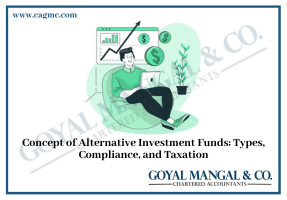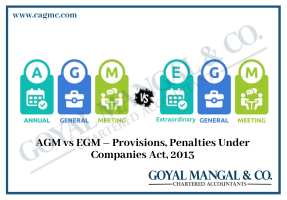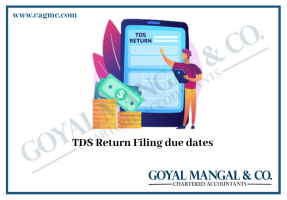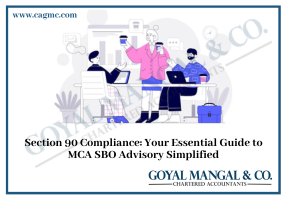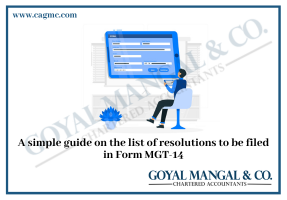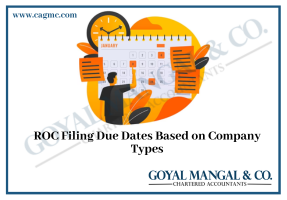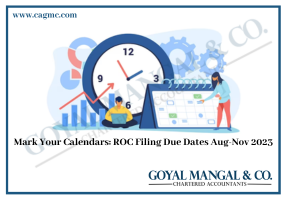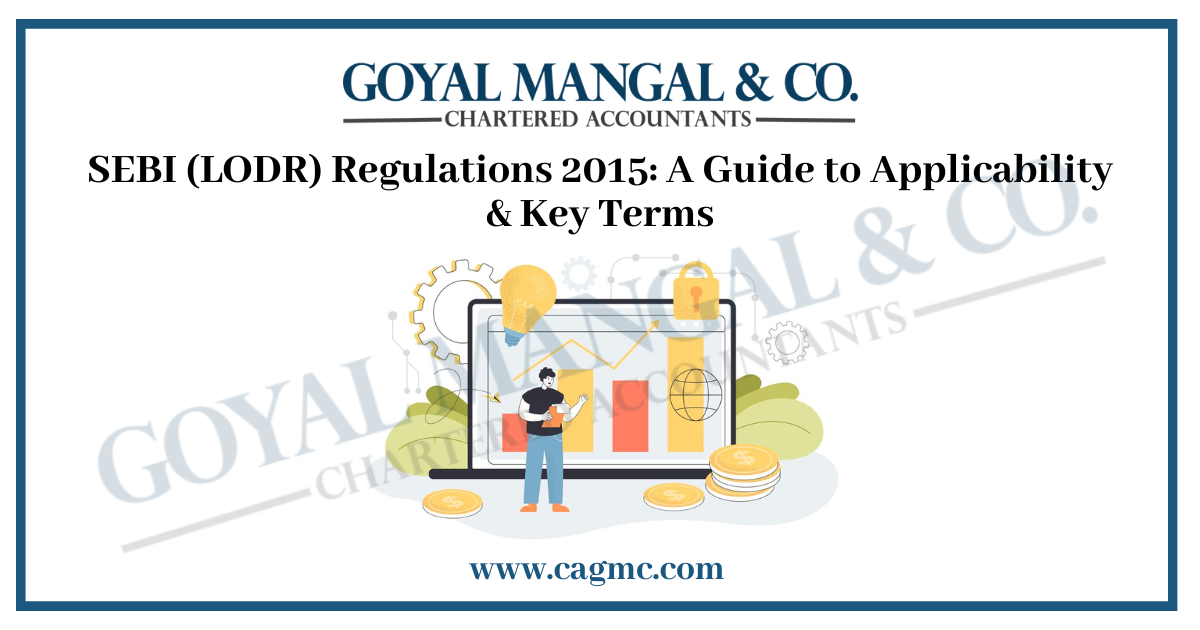
In the world of finance, an individual, companies, or investors need to stay updated in the matter of regulatory framework. Here is an element known as the Securities and Exchange Board of India (SEBI) Listing Obligations and Disclosure Requirements (LODR) Regulations. It is setting up the guidelines and leading the entities to enhance transparency, accountability and governance among listed companies and helps in attaining investor’s confidence. Here we are going to explain to you the deep understanding of SEBI (LODR) Regulations, 2015 along with applicability and key terms.
Short note on Securities and Exchange Board of India Regulations
In India, the Regulation of Securities and Exchange Board of India plays a crucial role in governing the securities. It is significant to ensure the protection of investor’s interests and maintain fair practices and transparency. The SEBI (LODR) regulation aims to attain the investor’s confidence to regulate securities and form the capital for markets to prevent malpractices.
In 1988, an autonomous regulatory body was established, which is known as SEBI. It regulates and manages the market securities along with protecting the investor’s interests. The SEBI (LODR) Regulation enhanced market integrity and ensured fair practices. It governed the securities market by formulating and enforcing regulations.
There are certain categories of SEBI (LODR) Regulations:
- Prohibition of insider trading;
- Mutual Funds;
- Listing and disclosure;
- Corporate governance;
- Takeovers and Buybacks.
Applicability of Securities and Exchange Board of India (LODR) regulations, 2015
Regulation 3 of the SEBI (LODR) Regulations, 2015 offers the applicability:
- These regulations are firstly applicable to companies, which have their listed securities in the Indian stock exchange market;
- These regulations are applied on various sections of the stock exchange where listed entity’s securities are mentioned;
- Regulations have involved various types of securities likewise non-convertible redeemable preference shares, equity shares, non-convertible debt securities, and any other as mentioned by SEBI;
- There is periodic compliance, where listed entities are needed to comply with regulations on an ongoing demand;
- The regulations must apply to entities listed on stock exchanges recognized by SEBI;
- In certain conditions, where securities are issued on a private placement basis and subsequently listed, the regulations apply to such securities upon listing;
- The regulations generally refer to the concept of materiality. These listed entities are needed to determine what detail is required to disclose such information to the stock exchanges promptly.
Key terms of Securities and Exchange Board of India (LODR) Regulations, 2015
Here are key terms of the SEBI (LODR) Regulations, 2015:
- Listed entity: It is a listed entity, where it designated securities on recognized stocks;
- Material events: Events and details known or occurred must have a potential impact on the finances of the listed entity;
- Corporate governance: Encompasses the method by which companies are managed and directed;
- Board of directors: They are governing bodies of listed companies, who are responsible for whole management and decision making;
- Audit committee: The audit committee is responsible for financial reporting, internal management, and audit procedures.
- Related Party Transactions (RPTs): Transactions between listed companies and their related parties like directors, promoter, and their relatives;
- Code of conduct: There must be a set of ethical guidelines and rules of behaviour given for employees, directors, and other appropriate shareholders of a listed company;
- Certain decisions and transactions done by the approval of shareholders like related party transactions, mergers and acquisitions, and issue of securities;
- Non-convertible debentures: Debt issues by listed companies, which do not have the feature of convertibility into equity shares;
- There will be a committee for risk management;
- Insider trading: Restricts trading in securities based on material non-public information.
- Quarterly and annual financial outcomes.
Significant aspect of Securities and Exchange Board of India (LODR) Regulations, 2015
There are significant aspects of SEBI (LODR) Regulations, 2015 are:
- There are continuous disclosure requirements;
- The concept of good governance needs to follow that is given by the SEBI (LODR) Regulations, 2015;
- Listing agreement consolidation as SEBI (LODR) Regulations, 2015 consolidated several listing agreements into a single comprehensive structure;
- A code of conduct must be formulated and adhered to for employees and directors. It promotes responsible corporate practices and ethical behaviour.
- To protect from fraud by need to disclose the related party transactions.
- It safeguards the interests of investors by disclosing financial outcomes, corporate governance practices, and shareholding patterns.
End Notes
A comprehensive guide of the SEBI (LODR) Regulations, 2015 is potential for the Indian securities market to offer good governance, fostering transparency, and accountability. Whether you a company navigating or a seasoned investor, this article aims is to equip you with the knowledge required to comply with and leverage the advantage of SEBI LODR regulations. As we discussed the applicability criteria and key terms, we embarked more responsible, informed, and resilient financial ecosystem.
